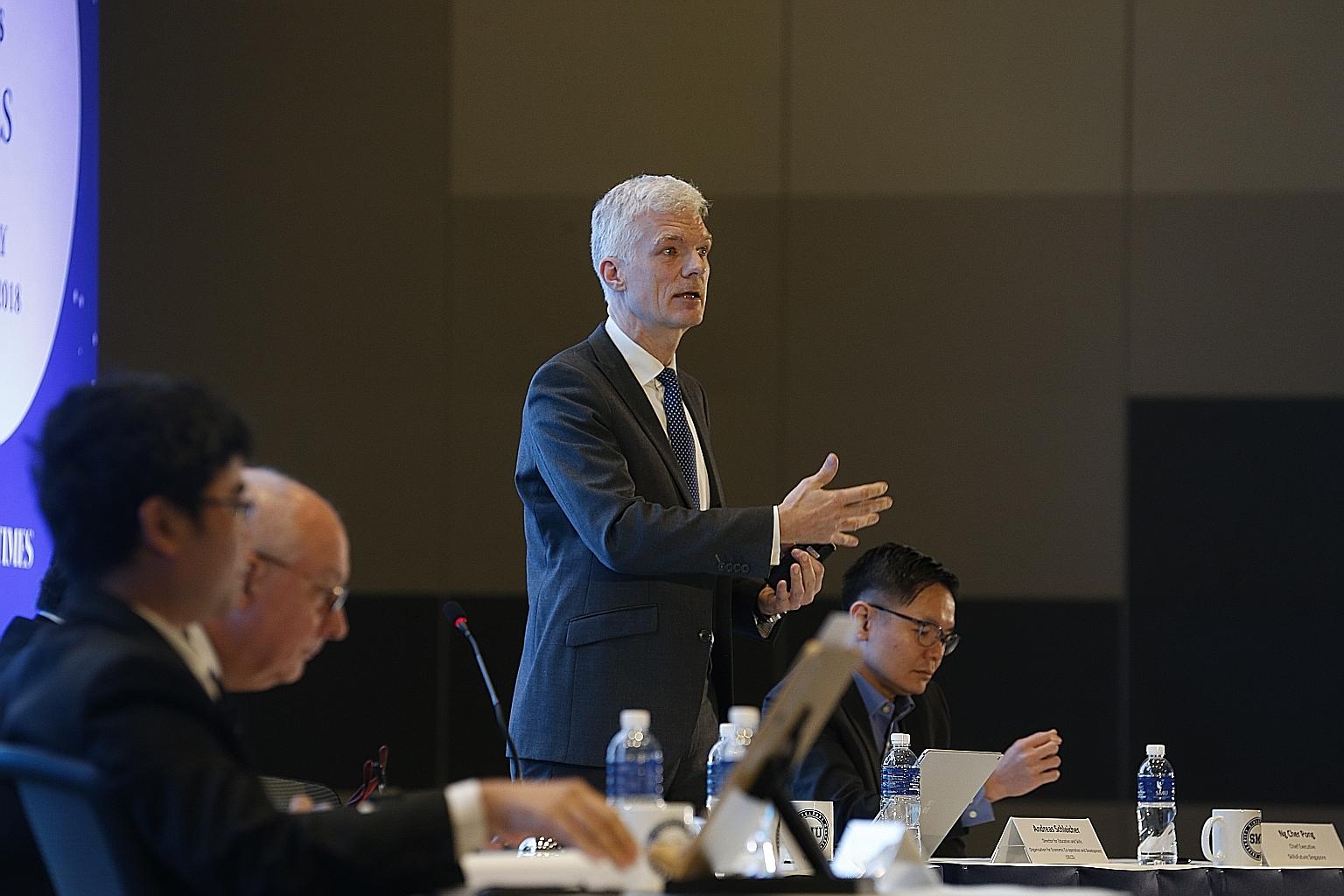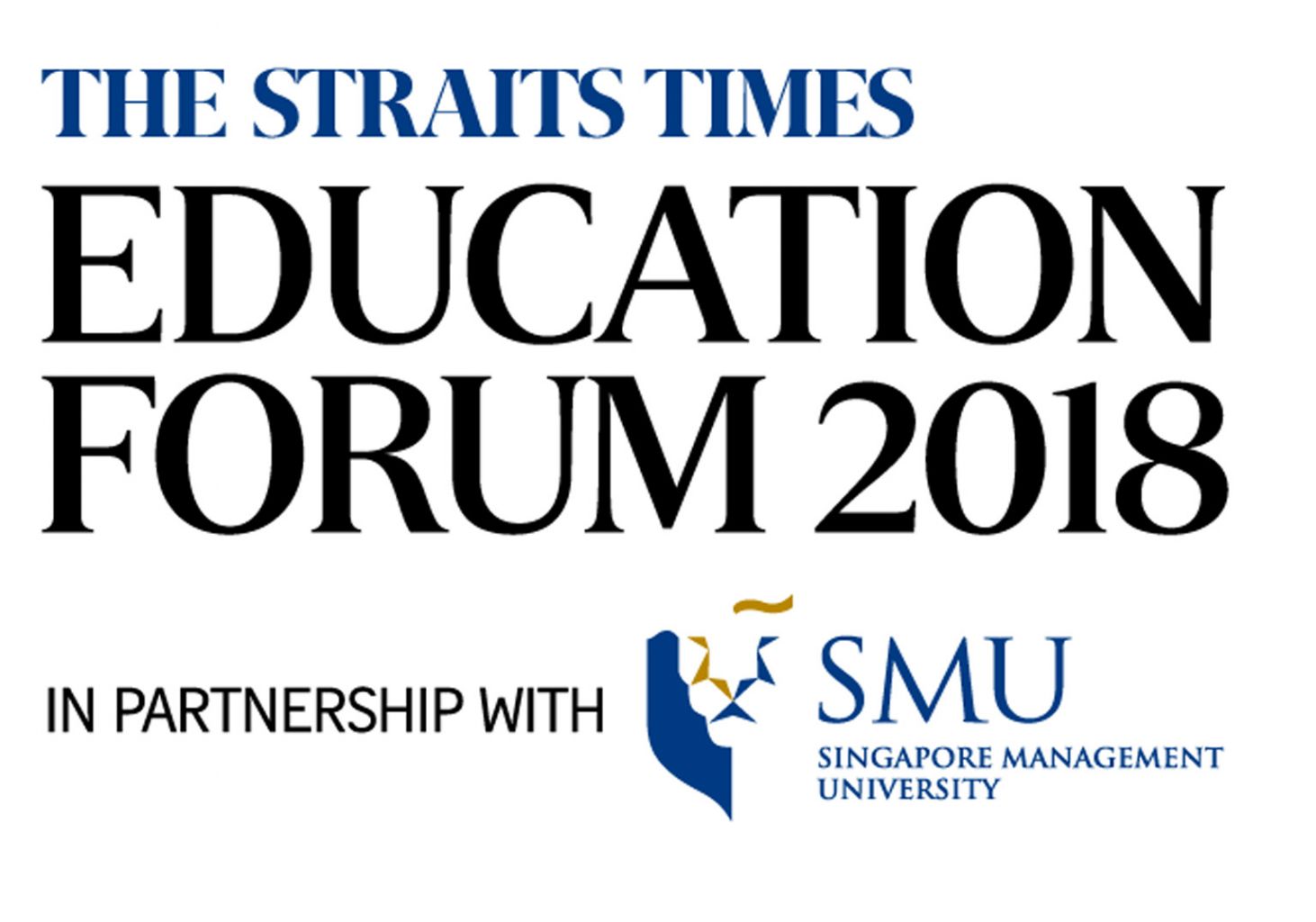The case for and against uni education
Sign up now: Get tips on how to help your child succeed

OECD director for education and skills Andreas Schleicher said it is flawed to equate education and learning with a university experience.
The debate at The Straits Times Education Forum yesterday brought pertinent issues about the importance of a university degree to the fore.
There was a discussion about how an overemphasis on the paper chase may lead to the conflation of what is considered a wholesome education - in which one picks up both hard and soft skills - and a university education.
Mr Andreas Schleicher, director for education and skills at the Organisation for Economic Cooperation and Development (OECD), said: "The reliance on degrees ignores so many other opportunities that we can have to build competency throughout their lives."
Arguing for the motion "You don't need a degree to succeed in life", Mr Schleicher went as far as to call the emphasis on degrees "oppressive".
His opponents, he said, seemed to be arguing that a university education was the only way to a successful life. "They have equated education and learning with a university experience. This argument is fundamentally flawed."
Mr Schleicher also pointed out that a big part of the local talent pool was being ignored, simply because employers were looking only at whether prospective employees hold degrees.
"There is also evidence that suggests that the skills level of a degree holder is often overestimated."
He explained that studies have shown a significant overlap between university graduates and high school graduates.
Arguing against the motion, Singapore Management University law dean Goh Yihan said the pursuit of university degrees is crucial to letting people learn and practise their social skills before they go out into the real working world.
He said universities provide a safe space for people to try - and potentially fail - without having to face more serious consequences in the real world.
"In the safe environment of your JCs (junior colleges) and your polytechnics, when you are student leaders and have to make decisions, what is the downside? What is the risk of you getting your decisions wrong?" Prof Goh asked students seated in the 500-strong audience.

"Maybe your form teacher gets angry, maybe some of your friends get angry with you. But transport yourself to the workplace. What if you make a key decision in the workplace and you get it wrong? You have very real-life consequences. People get fired, people's lives get affected in a very serious way."
He said that being in a university pursuing a degree gives students a safe experience to learn social skills, such as making judgments and decisions, and, more importantly, the chance to learn from mistakes.


